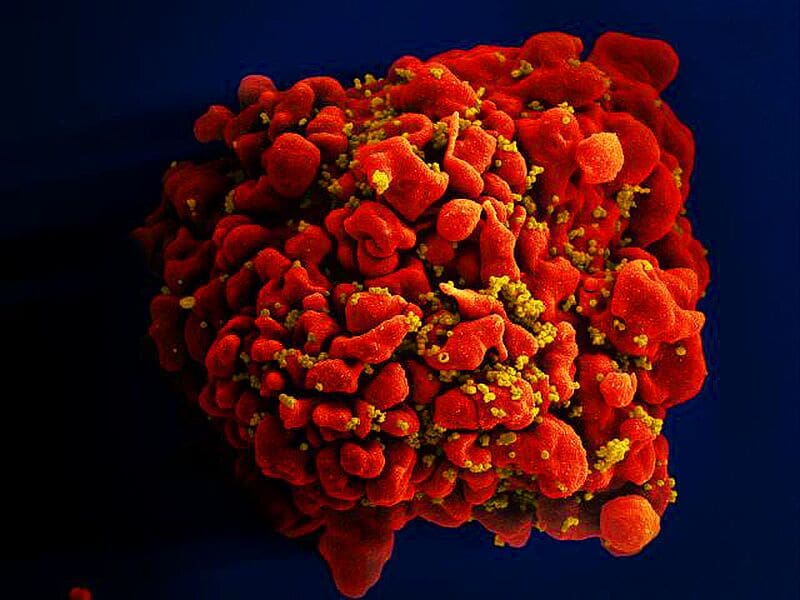Immunotherapies save lives, but require specialized care
Modern immunotherapies, in particular checkpoint inhibitors, have revolutionized cancer treatment by activating the body’s own immune defence against tumours such as black skin cancer or renal cell cancer. However, the therapy carries risks: Up to 40 percent of patients develop endocrine side effects such as thyroid disorders, hypophysitis or the rare but life-threatening checkpoint inhibitor-associated diabetes mellitus (CIADM). The German Diabetes Association (DDG ) and the German Society for Endocrinology (DGE) are therefore calling for regular metabolic checks and the expansion of specialized endocrinological-diabetological structures in hospitals.

“Checkpoint inhibitors can activate the immune system to such an extent that it also attacks healthy cells,” explained Professor Dr. Andreas Fritsche, Past President of the DDG and diabetologist at the University of Tû¥bingen. CIADM, an insulin-dependent autoimmune diabetes that occurs in 1 to 2 percent of cases and often leads to ketoacidosis within three months of starting therapy, is particularly dangerous. “CIADM should not be confused with type 2 diabetes. Only intensive insulin therapy with training can save lives,” emphasized Fritsche. The treatment requires basal-bolus insulin therapy, which requires comprehensive support for those affected.
According to estimates, up to 17,000 out of 100,000 people treated could develop hypophysitis and 1,000 to 2,000 could develop CIADM. “We are increasingly seeing such side effects in cancer centers,” says Fritsche. The DDG and DGE are therefore calling for endocrinology/diabetes units at all oncology centers in order to treat hormonal disorders such as thyroid or adrenal gland dysfunction individually. “Therapy is particularly complex for older patients with multiple diseases,” explained the expert.
Current data underlines the benefits of specialized care: DDG-certified clinics have a lower mortality rate among diabetes patients, despite more severe cases. “Early diagnosis and structured treatment are crucial,” emphasized Fritsche. The societies are calling for the “complex endocrinology and diabetology” service group to be established across the board in the hospital reform in order to ensure long-term care. “Access to the right treatment can save lives,” concluded Fritsche.
The articles in the news section are produced by X-Press journalist office
Gender note. The personal designations used in this text always refer equally to female, male and diverse persons. Double/triple references and gendered designations are avoided in favor of better readability. t




